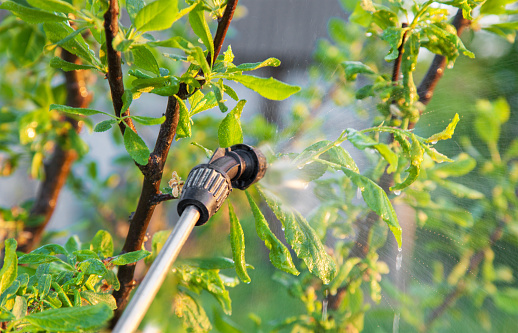Last week, a San Francisco judge issued a tentative ruling on the defendant Monsanto Company’s Motion for Judgment Notwithstanding the Verdict, and their Motion for a New Trial. This ruling threatens to gut the $289 million dollar verdict ($39M compensatory and $250M punitives) that the plaintiff Dewayne Johnson secured this summer over the company that manufactures Roundup and Ranger Pro, the glyphosate-containing herbicides used by the plaintiff in his work as a school district groundskeeper and that were alleged to have caused his lymphoma. In her four page written statement, Judge Suzanne Bolanos noted that the plaintiff had failed to meet the burden of producing clear and convincing evidence of Monsanto’s malice or oppression sufficient to satisfy California’s standard for punitive damages.
To support this initial position, the judge noted that the US EPA, the European Food Safey Authority, the European Chemicals Agency, Australia, New Zealand, and German BfR (Federal Institute for Risk Assessment) authorities all find that glyphosate-based herbicides are safe and not carcinogenic. She further noted that the outlying report from the World Health Agency’s International Agency for Research on Cancer (IARC), which in 2015 listed glyphosate as “probably carcinogenic to humans,” was published after the plaintiff was diagnosed with lymphoma, and “could not have influenced Monsanto’s state of mind at any relevant time.” She requested and heard oral argument from the parties on the admissibility of the plaintiff’s causation expert, the effect of the lack of epidemiological evidence on the verdict, the legal propriety of the compensatory damage award, and other issues. Both parties submitted proposed orders last Friday following argument, and the motions are under submission.
The court’s apparent reliance on regulatory agency positions on glyphosate toxicity to challenge litigants’ positions underlines the potentially profound effect of ongoing grassroots efforts to alter these standards. Just several weeks ago, the Environmental Working Group (EWG) and eight food companies petitioned the EPA to reduce glyphosate tolerance levels by 300 times for oat-based foods, many of which are marketed to children, and to ban the use of glyphosate as a pre-harvest drying agent for oat crops. While glyphosate was found in two thirds of corn and soybean products sampled by the FDA, oat products were not tested at all. In its petition, the EWG cited a “likely link” between glyphosate and cancer and asserted that the EPA did not follow their own guidelines for carcinogen risk assessment when they classified the chemical as unlikely to be carcinogenic in humans.
While environmental groups and regulatory agencies continue to battle over what is safe and who gets to define “safe,” courts are left to assess the science as it stands. We will continue to keep you apprised of any developments in the Johnson case.

